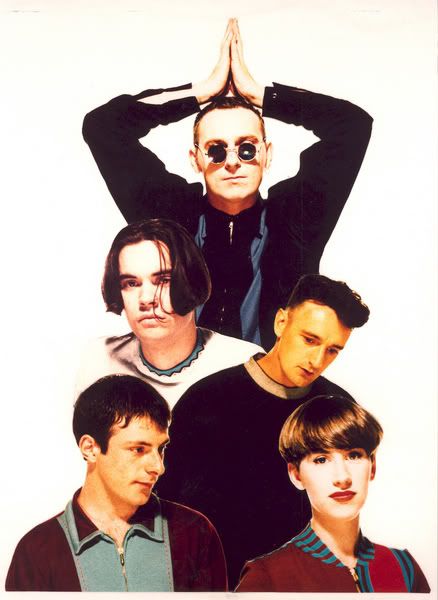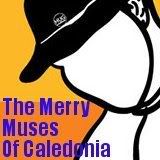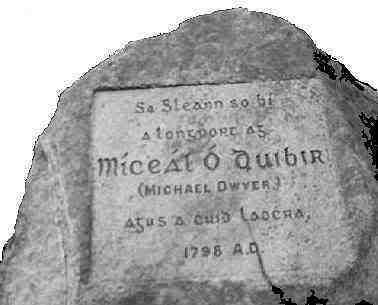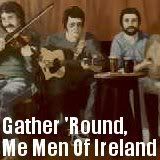
I've been quite busy, writing about music and such elsewhere on the Interweb, and as a result, this blog has suffered. I fully expect any one of these posts over the next few weeks to be my last. Such is life and the swirling shitstorm that is blogging.
In the meantime, here's some Spirea X: "A vehicle for the '60s pop-art visions of ex-Primal Scream member Jim Beattie, who was accompanied by Judith Boyle and Andrew Kerr. Two EPs appeared in early 1991: Chlorine Dream, which updated the sound of The Byrds for the shoegazing era, and Speed Reaction, a fiendishly catchy melding of harmonies and The Who. The trio's sole album, Fireblade Skies, followed in the autumn. Jim left 4AD shortly after, going on to make records as Adventures In Stereo."
 Since I'm a upstanding man of letters, one who abides by all its many varied creeds, I will tell you this information was procured from the 4AD web site. Hear it for yourself. Download: "Chlorine Dream" by Spirea X. Get in on this good Scottish pop now. Before this entire dump flatlines and you're left with jack, hands fumbling as you navigate your mouse to the latest Hype Machine-like site for your daily mp3 fix.
Since I'm a upstanding man of letters, one who abides by all its many varied creeds, I will tell you this information was procured from the 4AD web site. Hear it for yourself. Download: "Chlorine Dream" by Spirea X. Get in on this good Scottish pop now. Before this entire dump flatlines and you're left with jack, hands fumbling as you navigate your mouse to the latest Hype Machine-like site for your daily mp3 fix.

